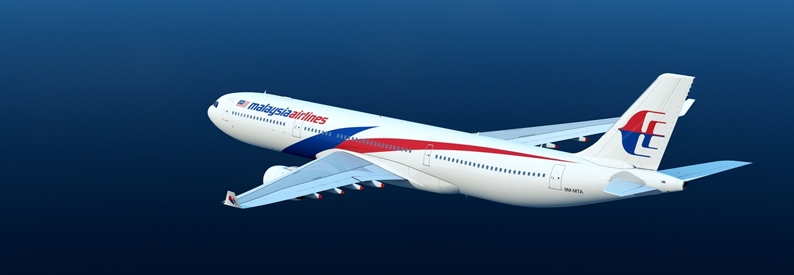Malaysia Airlines Eyes Boeing Slots Amid Tariffs

Malaysia Aviation Group (MAG), the parent of Malaysia Airlines, has entered discussions with Boeing to acquire aircraft delivery slots made available by the escalating U.S.–China trade dispute. Izham Ismail, MAG’s managing director, confirmed to Bernama that Beijing’s directive to halt Boeing deliveries to Chinese carriers presents an opportunity to accelerate MAG’s own fleet expansion. He indicated that deliveries originally earmarked for Air China, China Eastern and China Southern could be redirected to Malaysia, allowing MAG to bring new jets into service sooner than planned.
On April 15, 2025, Bloomberg reported that Chinese authorities ordered national airlines to suspend all Boeing aircraft handovers and freeze aviation-related equipment purchases from U.S. suppliers in retaliation for U.S. tariffs of up to 145 percent on Chinese exports. Beijing countered with 125 percent duties on American-made aircraft, disrupting the economics of new jet acquisitions and leading at least two Boeing 737 MAX airframes to depart the Zhoushan completion center without clearing customs for Chinese operators. These disruptions have created an opening for international carriers like Malaysia Airlines to negotiate early delivery of their own orders.
“MAG is in conversation with Boeing about whether we can take over those slots,” Ismail said, emphasizing that securing earlier deliveries would help mitigate global supply-chain challenges, regulatory hurdles and labor disputes that have delayed Boeing’s production schedule. He noted that accelerated access to new jets is critical for MAG’s strategy to modernize and grow its narrow-body fleet in response to burgeoning regional demand and intensifying competition in Southeast Asia.
MAG has already committed to purchasing 18 Boeing 737 MAX 8 and 12 737 MAX 10 aircraft, with options on an additional 30 jets, and maintains a lease agreement for 25 737 MAX airframes from Air Lease Corporation between 2023 and 2026. The airline aims to substantially expand its short-haul network by 2030, replacing older narrow-body models and increasing frequencies on domestic and regional routes. Early slot acquisition could enable MAG to phase out aging aircraft more quickly and deploy fuel-efficient MAX series jets on high-density sectors.
Industry analysts view MAG’s maneuvers as emblematic of a broader trend among carriers seeking to capitalize on production hiccups at major airframers. As Boeing works to resolve technical certification and assembly-line backlogs, airlines with flexibility in their order books stand to benefit. Negotiations over delivery slots will hinge on Boeing’s ability to reallocate production priorities and China’s willingness to release unclaimed slots in light of diplomatic considerations.
If successful, the slot transfers would require regulatory approval from aviation authorities in China, Malaysia and the United States. MAG must also coordinate financing arrangements to cover the accelerated payments associated with earlier deliveries. However, Ismail remains optimistic that the sovereign wealth fund–backed group can leverage its strong credit profile and strategic relationship with Boeing to finalize the arrangements.
By securing early access to additional 737 MAX jets, Malaysia Airlines would strengthen its market position at a time when Southeast Asian carriers are racing to add capacity and upgrade fleets amid a surge in leisure and business travel. Faster deliveries would allow MAG to introduce new routes, increase frequencies on existing services and offer a more consistent passenger experience across its network.
As trade tensions continue to reshape global aircraft delivery schedules, MAG’s proactive engagement with Boeing underscores the airline group’s agility in turning geopolitical developments into competitive advantages. The outcome of these discussions will be closely watched by industry stakeholders, as they could set a precedent for how airlines and manufacturers navigate slot reallocation during periods of major market disruption.
Related News : https://airguide.info/?s=Malaysia+Airlines
